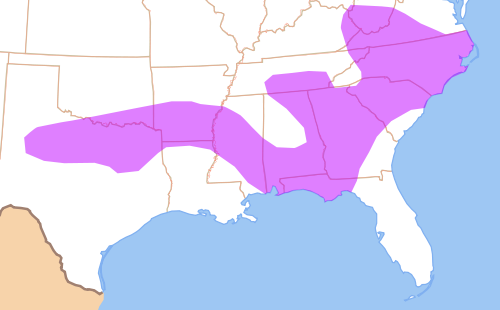Traditionally, what you were taught is absolutely correct, they are distinct sounds. However, in the English spoken language, the two sounds are currently undergoing a merger.
Background
There is some good information on this on Wikipedia at Phonological history of wh. The loss of distinction between w and wh is known as the Wine–Whine merger.
Both consonants are "labio-velar approximants", with the w being "voiced" and the wh being "voiceless".
Merger
According to the article, you are correct about the regions where the distinction has been lost and where it remains; it remains in Scotland, but throughout most of the United States, the two sounds have merged into the voiced w:
The merger is essentially complete in England, Wales, the West Indies, Australia, New Zealand, and South Africa, and is widespread in the United States and Canada. In accents with the merger, pairs like wine/whine, wet/whet, weather/whether, wail/whale, Wales/whales, wear/where, witch/which etc. are homophonous. The merger is not found in Scotland, Ireland (except in the popular speech of Dublin, although the merger is now spreading more widely), and parts of the U.S. and Canada.
(emphasis added)
This map from Wikipedia shows a rough approximation of the regions in which the contrast between the sounds is the greatest:

Other Examples
The character Stewie from Family Guy, who is voiced in a very stuffy, grandiloquent accent, puts a great emphasis on the wh sound, a point which is made fun of in this video.
My own family is an example of this merger in action. My parents, especially my mother, speak the sounds distinctly, but my siblings and I do not. She was an English teacher, and we've had discussions about how our wh laziness irritates her. We insisted that it's not just laziness, but that the dialect has changed, and apparently this research shows that is actually true.

